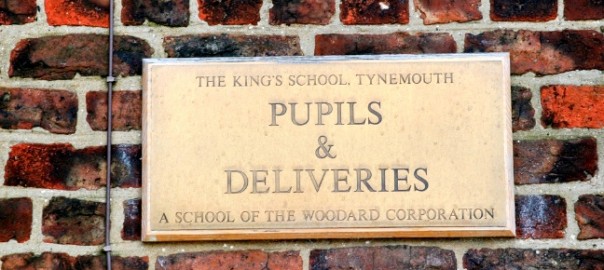On private schools becoming academies.
The King’s School isn’t too far away from where I live. It’s about to merge with a local primary school to turn from being a £9,990/year private school into an Academy.
I have mixed feelings about this, for a number of reasons. But first, a couple of (massive) disclaimers:
- I attended a session for ‘potential Oxbridge candidates’ at The King’s School when I was 17 years old and felt very out of place
- I used to be a senior leader in an Academy and didn’t have the happiest of times whilst I was there
If you’ve read what I’ve written for any length of time, you’ll know that I’m against private schools. So a school moving from independently-funded to state-funded status, should be a win – right?
I’m not so sure.
First of all, the Academy system as it now stands is problematic. It strikes me that the current government have taken the previous administration’s programme and turned it into a trojan horse to remove the power of Local Authorities, to eventually disapply the entire school population from the National Curriculum, and to create a pseudo-market in state-funded education.
Second, as one parent mentions in the Guardian article it’s not a good thing if a private school merging with a state school is being done “to prop up a school that’s failing to recruit enough students”. Could it be that, like banks, private schools could see government funding as a ‘bailout’?
Finally, and this is something that many people have reminded me of in my attacks upon private education, nothing happens in a vacuum. Compared to the local area, Tynemouth is already an extremely expensive area in which to live. My family certainly couldn’t afford to live there. Chances are that selection-by-fee-paying will be replaced by selection-by-house-price.
So we have a fudge. A pseudo-market in a pseudo-state system with pseudo-traditional examinations.
Perhaps it’s time to move to Scotland.
Image CC BY-NC Paul Thirkell

